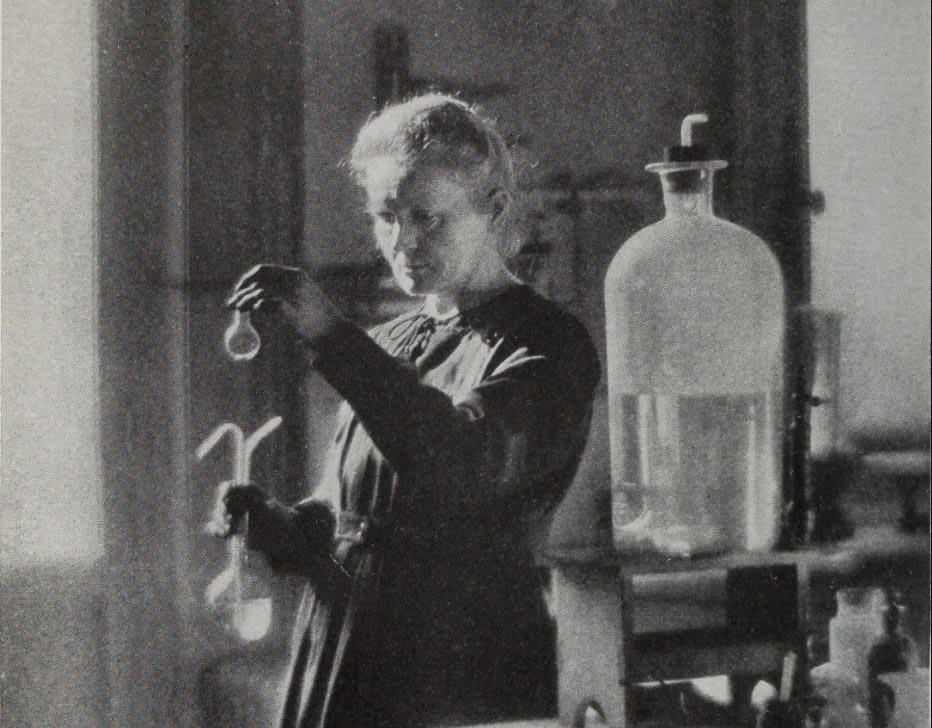
Register today to be a part of Africa’s biggest social impact event here.
In the beginning, there were words, and then more words followed. Thus, the first stories were born; sometimes in prose, other times in poems, most often in song. This is how it was for eons, as one generation passed down their ideas of history and culture from one time to another, until something happened. In 1436, Johannes Gutenberg invented the printing press, and truth and perspective have never been the same since.
One of these truths included the role of women in society. It is almost laughable when one looks to Western culture as the leader on the subject of gender equality and women’s rights. This is primarily because they are largely the inventors of the binary system they now wish to disrupt after imposing it on the colonized world. Please, stroll into any uncolonized African village and point at a woman banned from working, be it on the farm, in commerce, or even as sculptors. In fact, to this day, certain tribes like the Urhobo are renowned for their population of industrious women, juxtaposed with men often caricatured as relatively lazy. The presence of female rulers or title holders stretches all the way from sub-Saharan Africa with the popular Igbo Eze Nwanyi to Egypt, where women have sat on the throne of the pharaohs. Yet, Africa is often positioned as the people with a history of incivility and sexism.

Chimamanda wearing her Red Cap receiving her chieftaincy title as “Odeluwa 1” recently in East Nigeria
In many pre-colonial African political spaces, the system was designed to be inclusive in a manner not practiced by our recent colonial masters. An example of this can be seen in the Igbo tribe, where each family must have a first son, nwa diokpala, as a political actor on matters concerning men. On the opposite side of the spectrum, the first daughter of each family is automatically drafted into the order of Umu Ada, handling issues associated with women. For context, abortion rights, as debated mostly by men in the American Senate today, would never be in a man’s place to decide because men in most pre-colonial African cultures were not even allowed in the compound while childbirth was taking place. Matters of the female reproductive process just weren’t considered the business of men. The same applied to markets, as it was a space chiefly dominated by women. A brief look into the women’s market riot in Aba against colonial taxes is perhaps the last legacy seen on the continent.

Aba women protesting the warrant chief’s market taxes from colonial Britain
Why is this historical perspective important? Because, as the proverb goes, if you do not know when the rain starts beating you, you will not know when it stops. In the same vein that we call crop-tops and mini skirts “foreign” impositions, forgetting that the Fulani women on every naira note rock crop-tops, and mini skirts were the norm for the sub-Saharan weather, we are unaware of so much. This is to be expected, thanks to a loss of memory as our sense of identity was eclipsed, creating the phenomenon Franz Fanon described in his aptly titled book, “Black Skin, White Masks.” In this book, Fanon makes an argument challenging Hegel’s Slave-Master dialectics.
For those of you with better things to do with your time than examine the immensely complex work of dead German philosophers, Hegel proposed in his work that it was impossible to indefinitely maintain a slave and master relationship because neither party sees the other as completely human. So, the slave cannot see the master as an equal, and the master cannot see the slave as an equal. By his prediction, a revolution was eventually inevitable to balance the equation. Fanon challenged this by proposing that the colonized African disrupts this concept by seeing the master not as an oppressor but as a liberator and the gold standard of aspiration. This forces the slave to abandon their own sense of self and identity in pursuit of the master’s, even after the master is gone.
This is largely where the typical African finds themselves today, turning to Western ideas of progress for a sickness imported from a culture that granted women the vote late and opened offices to women even later. Going back full circle to the printing press that started all this and the orders of learning that standardized the idea, universities; the evidence of male domination and patriarchy lays its strongest foundation in the exclusion of women from institutes of learning until 1868, and then the positioning of the hard sciences as a male topics claiming learning such could melt the female brain. Even if a woman held two Nobel prizes (Marie Curie) and we have one before her to thank for modern computation (Ada Lovelace – referred to as the first computer programmer).

Marie Curie in her lab doing what she did best
Today, Africa must resist the idea that it is innate in our cultures to subjugate women at every turn. This is not to say pre-colonial Africa was a completely gender-equal and inclusive continent – no. Just to direct our perceptions to the truth that there is more than one way to perceive the place of genders in society, cutting across politics, work, and family. There is much to be learned from the current Western school of thought, but much more to be discovered in the pages of our own history.
Join is at the Ignite 3.0 Conference to contribute your perspective on all things gender and among other SDG topics. Register today to attend!




